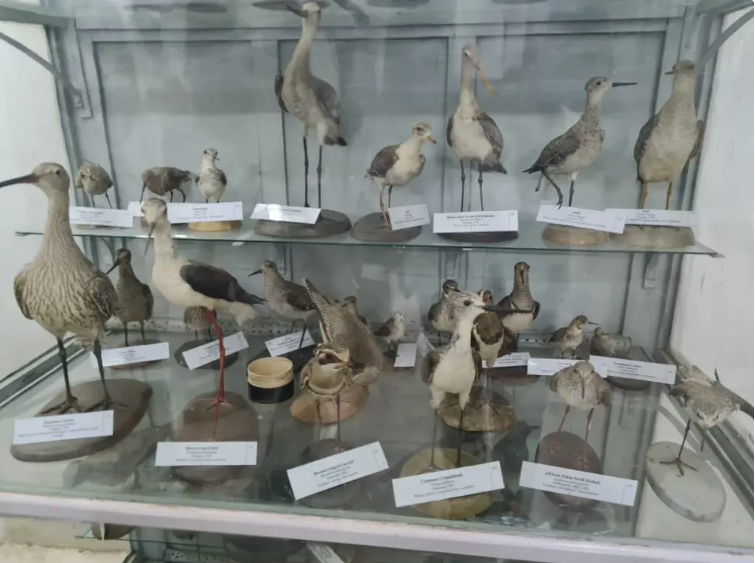
Farewell Museum of Natural History, University of Khartoum
The live wild animals of the Natural History Museum died a slow death of hunger and thirst, and the last supply and care for them was the Friday just before the Sabbath at the beginning of the war.
We begged everyone who could reach the museum, despite all the good intentions and promises to do something, no one was able to reach the museum for fear of their lives from sniper fire.
An estimated number of people from different groups contacted me, even members of the army. I asked them to provide the animals with water and food kept in the warehouse and refrigerators, and no action took place. I begged everyone who could pass around the university’s perimeter to break the locks of the cages and allow the exit of birds and monkeys at least, and nothing happened. We lost. The museums living animals include some animals that you can rarely find now in their natural habitat.
We lost the crocodile that was brought as an egg and hatched in the museum, an important scientific experiment.
We lost a large number of poisonous snakes and scorpions that were collected with great difficulty in a joint venture with the Venomous Organisms Research Center to localize the production of vaccines in Sudan.
We lost animals and reptiles that were very important for research in the Faculty of Science and for education in general for various groups.. We found a response from the Animal Welfare Organization in the form of financial support, but we have not received it yet, and it is with the Department of Wildlife Protection.
Sarah Abdullah - Museum of Natural History - Faculty of Science, University of Khartoum

